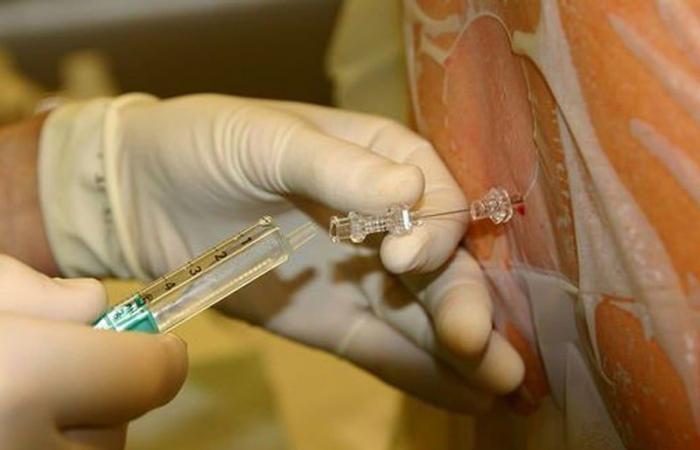A suspicious batch of bupivacaine is now at the heart of suspicion after the death of three pregnant women in a private clinic in Casablanca. Anesthetists warn of the potential toxicity of this batch, which could be the cause of the fatal complications observed.
The deaths of three pregnant women in a private clinic in Casablanca are believed to be attributable to a batch of the local anesthetic bupivacaine. Indeed, anesthesiologists suspect that batch of bupivacaine No. H 11 28 produced by the Mylan laboratory is the cause of these deaths. This product, commonly used for epidural or general anesthesia, is now the subject of strong suspicion as to the causes of these deaths, as well as serious complications that have occurred in other patients in other clinics.
An anesthetist from Casablanca contacted by Hespress FR confirmed these doubts. “Indeed, there are strong suspicions surrounding this batch of bupivacaine, but we are still waiting for the results of the autopsy and the official investigation to have confirmation”said this practitioner who requested anonymity. Asked if this product had caused similar problems in the past, the doctor responded in the negative, emphasizing that they (the anesthesiologists) use this local anesthetic every day and that it is an essential product for surgical operations.
Several other cases of serious neurological complications have been recorded in Berrechid, where four other patients who received injections from the same batch almost lost their lives, and similar cases have been reported in other clinics in Casablanca.
-It should be remembered that following these deaths, the King’s Attorney General at the Casablanca Court of Appeal ordered the opening of a judicial investigation to shed light on the causes of these tragedies. The opening of this investigation was precipitated by the speed with which the deaths occurred, particularly the first two victims who died on the same day. This coincidence reinforced suspicions that an external factor, such as a defective or poorly administered product, was involved.
It should be noted that bupivacaine, often chosen because of its long duration of action, is a local anesthetic from the amide family, widely used to block the transmission of nerve signals and induce local or general anesthesia. It is commonly administered during surgical procedures, such as cesarean deliveries, orthopedic or urological procedures, or for epidural anesthesia.
Bupivacaine works by inhibiting nerve conduction, which stops pain from traveling along the nerves. Although generally well tolerated, its use carries certain risks, particularly in the event of overdose or improper administration, which can lead to serious side effects, such as neurological or cardiovascular disorders.






